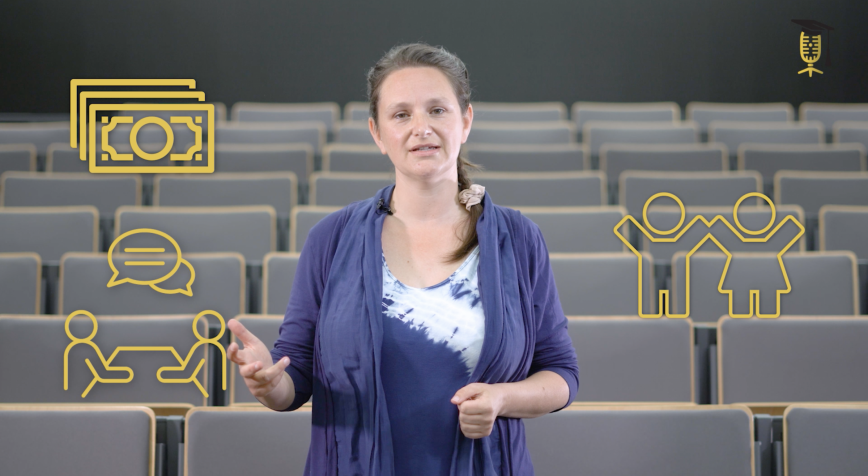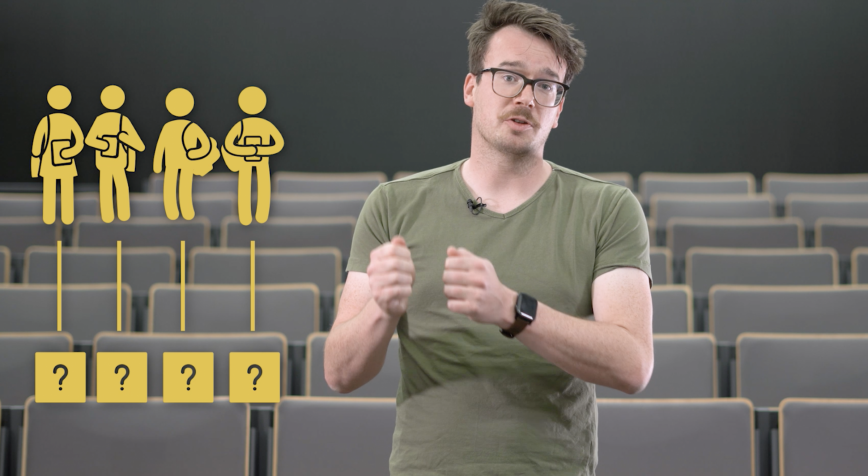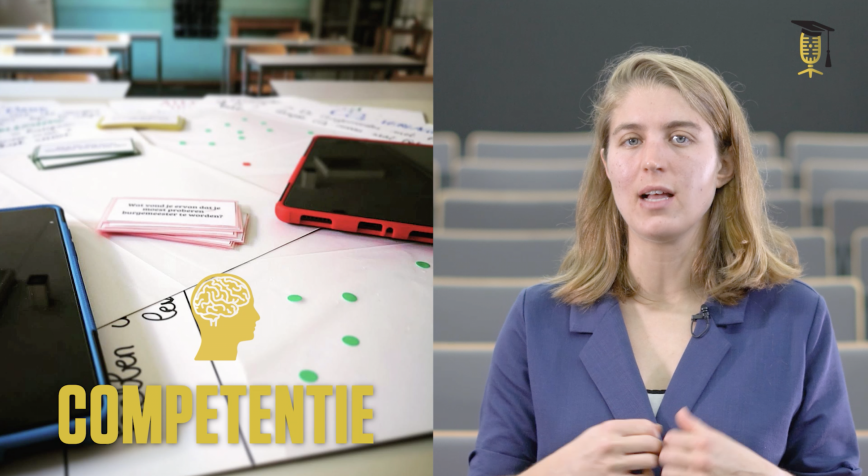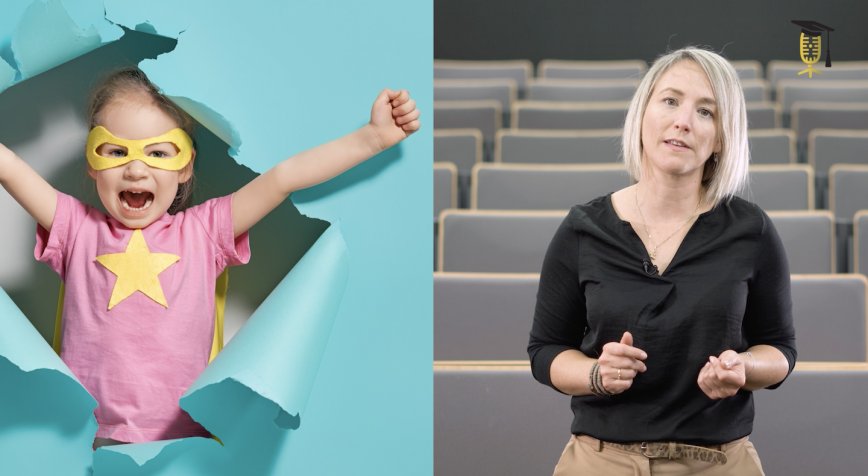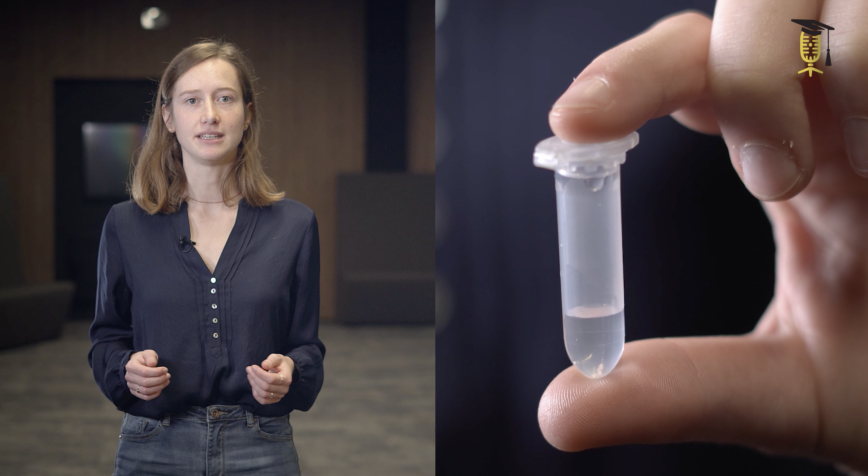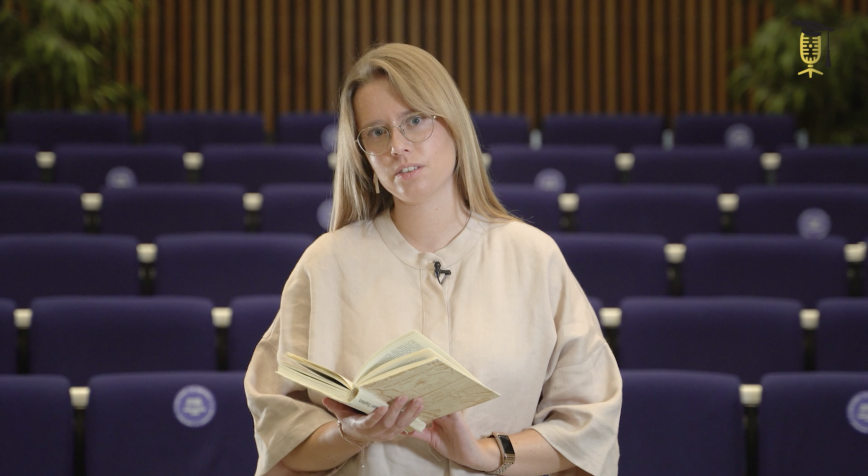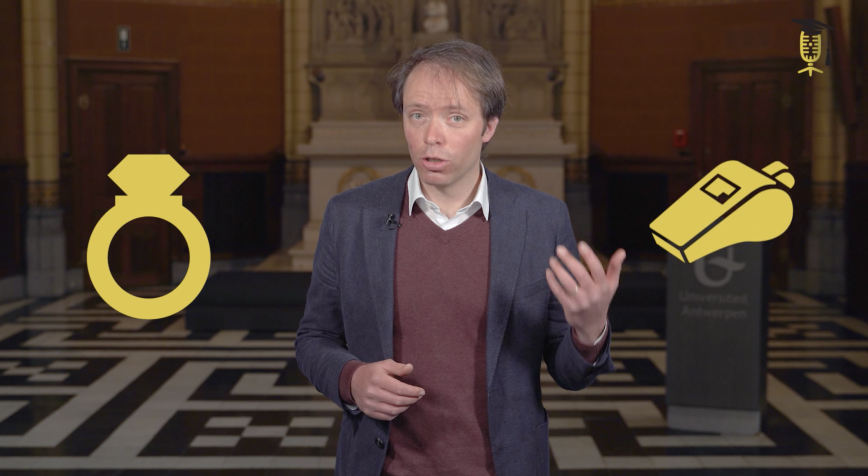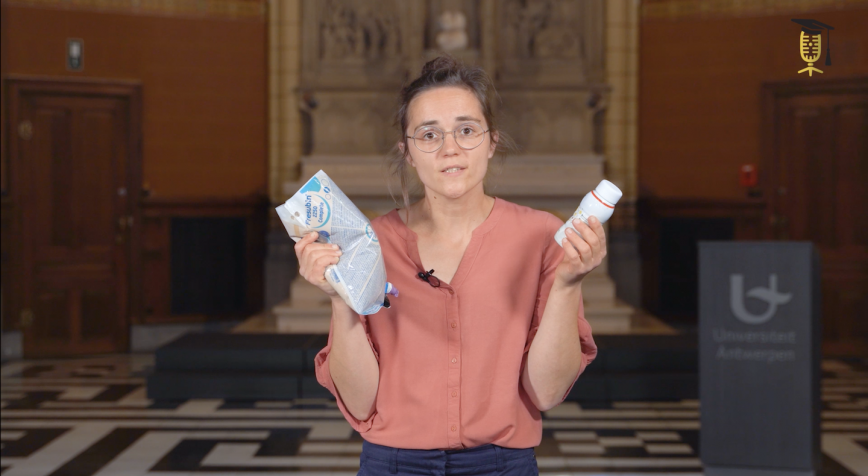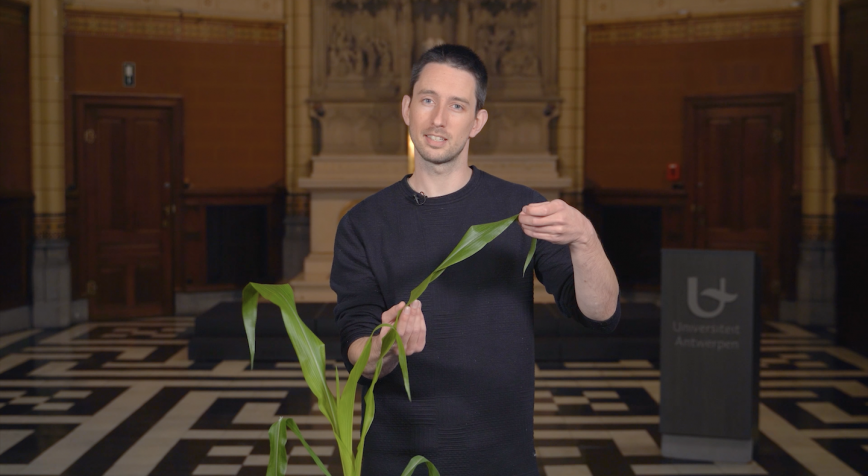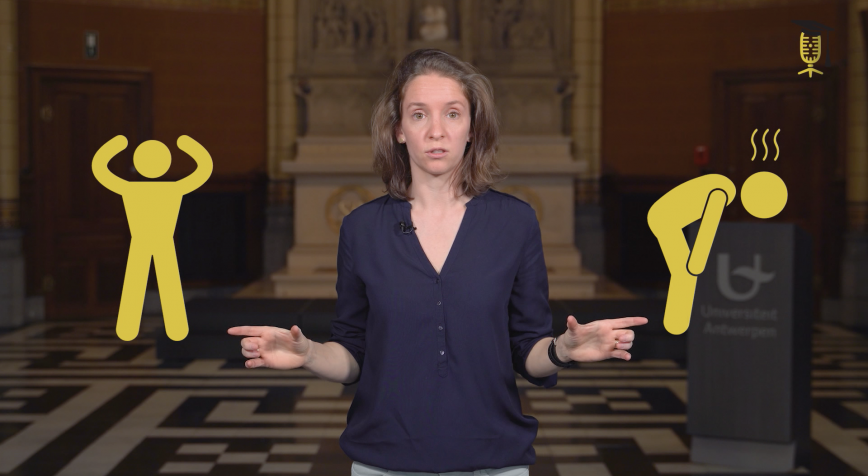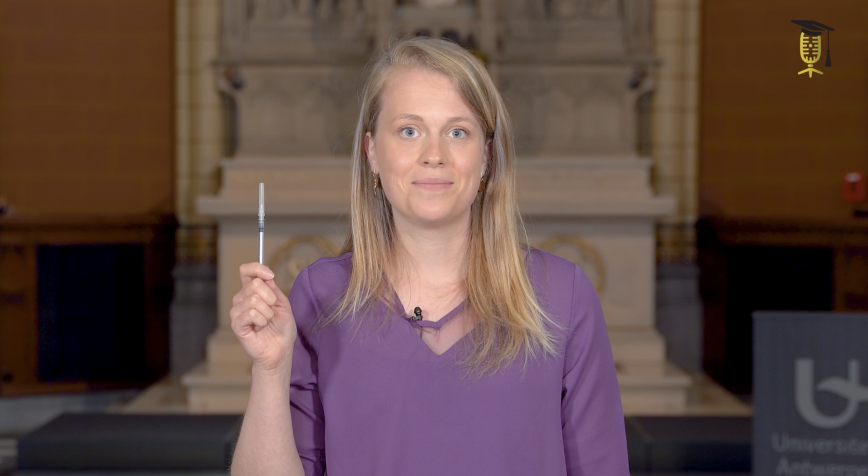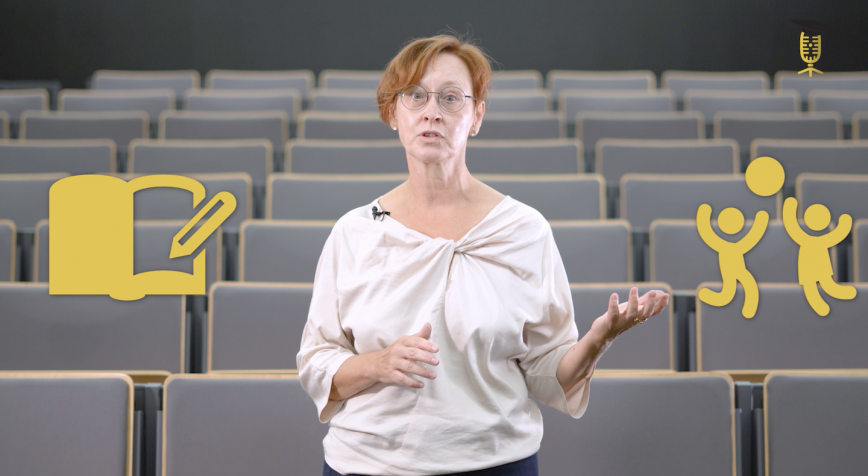
Arteveldehogeschool
Good cooperation to better support young people
For many, being young is the most beautiful time in life. But did you know that 1 in 5 children is born into poverty? They are given fewer opportunities in life. In order to better support such youngsters in Ghent, Wendy Eerdekens (Arteveldehogeschool) wants to improve the cooperation between the many initiatives in aid and youth work.
